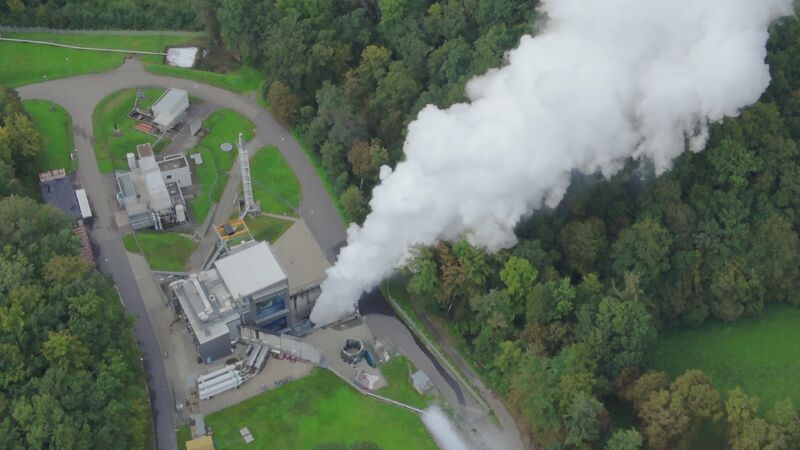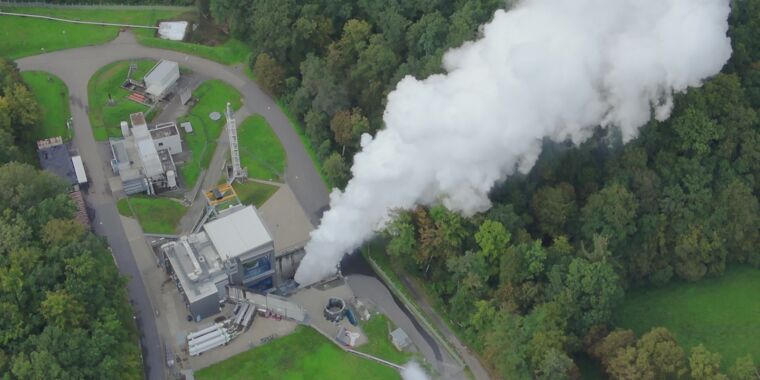
ESA/DLR/ArianeGroup
Europe’s new Ariane 6 rocket is reaching its decisive phase of testing, officials said this week. This includes a short- and long-duration firing of the rocket’s first stage at European launch facilities in French Guiana, tests that could occur today and about one month from now.
“They are really the decisive moments when we see how the engines operate under full throttle,” the director general of the European Space Agency, Josef Aschbacher, said during a press briefing on Monday.
Aschbacher declined to specify a launch target for the new medium-lift rocket, the development of which began in 2014 was originally due to make its debut in 2020. The European Space Agency and the rocket’s prime contractor, ArianeGroup, are now working toward a launch in 2024.
The development of Ariane 6 has become critical due to these delays and the loss of access to the Russian Soyuz rocket after the onset of war in Ukraine. This has forced the European Space Agency to rely on launch competitors, particularly SpaceX and its Falcon 9 rocket, for getting some of its critical missions into space.
“Guaranteed access to space is a must for Europe, and that is why we have put all of this attention on developing the Ariane 6 launcher,” Aschbacher said. “This is fundamental.”
Hot fire tests
The program to develop Ariane 6 took an important step forward on Friday with the successful full-duration test firing of the Ariane 6 rocket’s upper stage at a test site in Lampoldshausen, Germany. The test encompassed a firing of the second stage throughout its flight profile for 11 minutes. While European engineers are still reviewing data from this test, it appears to confirm the second stage is ready for flight.
The focus, therefore, now turns to the first stage, which is powered by the Vulcain 2.1 engine and two or four solid rocket motor boosters. This rocket underwent a wet dress rehearsal on July 18 and was supposed to ignite its Vulcain engine briefly. However, the European Space Agency stated afterward that the hot fire test did not occur because operators “ran out of time.”
During Monday’s press briefing, the director of space transportation for the French space agency CNES, Carine Leveau, offered a little bit more information about an issue with the rocket’s ground systems during the July 18 test.
“We needed more time to be sure that everything was well prepared with the control bench,” she said. “We noticed some specific behavior with the control bench. We needed to understand why this occurred. Today, everything is OK and clearly explained.” Alas, she did not explain what was explained.
A second attempt to conduct a short hot fire test, for about four seconds, is planned for Tuesday, September 5. If all goes well, the European rocket officials said, a full-duration test lasting nearly eight minutes will occur in early October.

